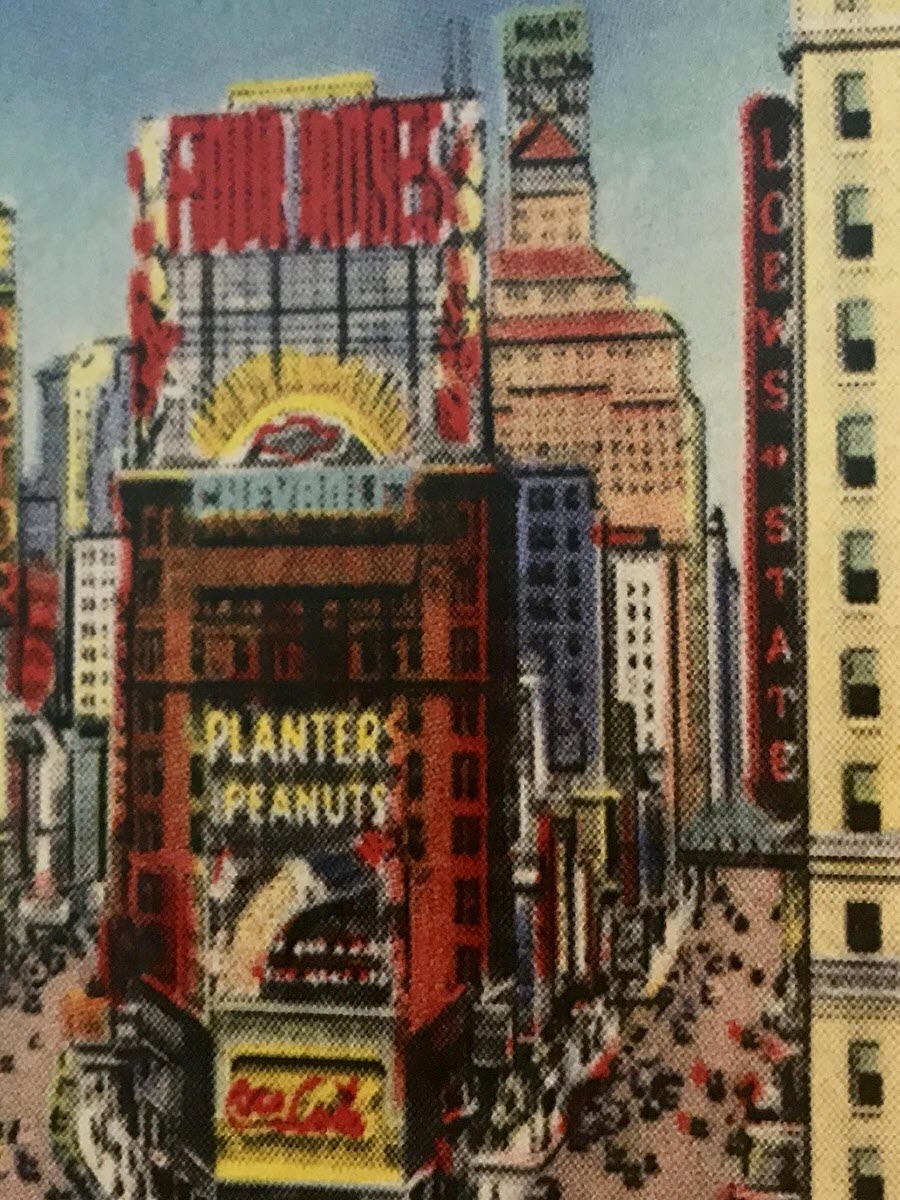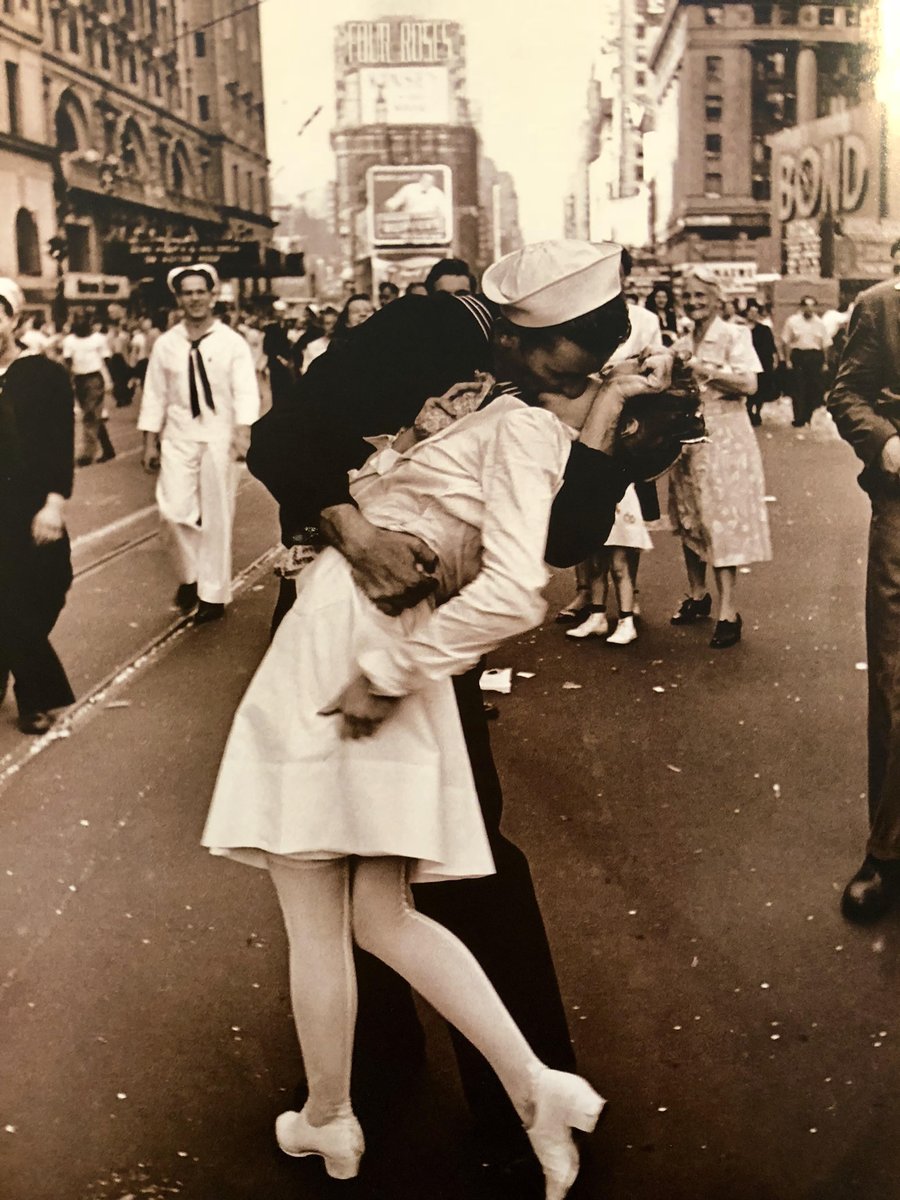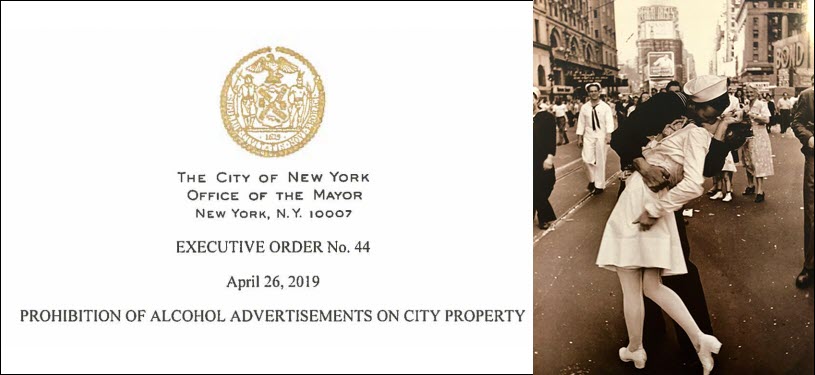
In a legal action hearkening back to 1919 New York City Mayor Bill de Blasio has signed an Executive Order banning all alcohol advertising on City property. Under the order, alcohol advertisements will be banned from City property, including bus shelters, newsstands, phone booths, Wi-Fi LinkNYC kiosks and recycling kiosks. The order will take effect immediately, meaning any future contracts or contract renewals must exclude alcohol from the advertisements. Existing ads in these spaces will be allowed to remain until their contract terms end. In addition, venues currently permitted to sell alcohol, such as restaurants, stadiums, and concerts halls, are exempt from the ban.

New York City Mayor Bill de Blasio.
“There’s no doubt that far too many New Yorkers struggle with serious substance misuse issues, among them excessive drinking,” said Mayor de Blasio. “This order banning alcohol ads from City property reaffirms our commitment to health equity and our stand to protect the well-being of all New Yorkers.”
“Too many people in our city struggle with excessive drinking, and irresponsible advertisements for alcohol make the problem worse – especially when they target communities of color,” said First Lady Chirlane McCray. ”Today, New York City is taking a stand to protect the health and well-being of all of our communities.”
Where would the world be without these classic Four Roses Bourbon billboard ads in New York City’s Time Square at the end of World War II?
“Alcohol advertisements can influence how much alcohol people drink and how young they are when they start,” said Deputy Mayor for Health and Human Services Dr. Herminia Palacio. “This Executive Order closes a loophole and reaffirms this administration’s commitment to advancing policies that promote health equity and build healthier communities.”
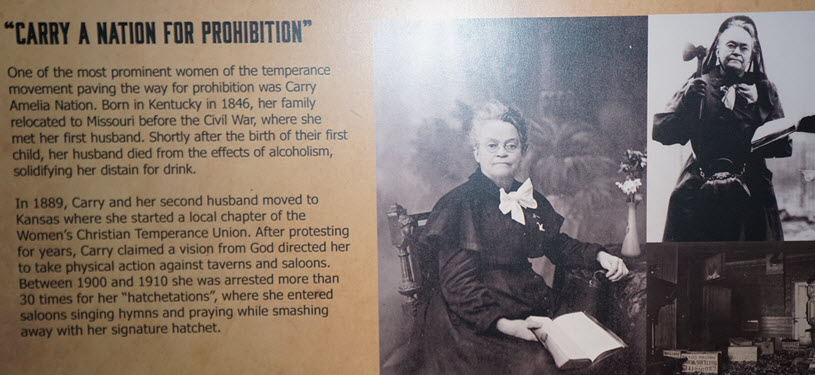
A hearkening back to the early 1900s with Carrie A. Nation. Best known as the “Hatchet Wielding Joint Smasher.”
A statement released by the Mayor’s office says high exposure to alcohol advertisements can lead to increased likelihood and quantity of alcohol consumption, particularly among youth. The earlier young people begin drinking, the greater their likelihood of developing alcohol use disorders in adulthood. Studies also find that young people who drink are also more vulnerable to the impact of advertisements than adults, with 15- to 20-year-olds most susceptible.
Earlier this month, the New York City Department of Health and Mental Hygiene launched a media campaign about safer drinking strategies. The video includes several tips for safer drinking: space alcoholic beverages out over time; drink water in between alcoholic beverages; eat food when drinking alcoholic beverages; and take it slow and drink with moderation. It is available on YouTube and will run as advertisements on various social media platforms.
In 2016, there were over 110,000 alcohol-related emergency department visits in New York City. In the same year, nearly 2,000 New Yorkers died from alcohol-attributable causes, including liver disease, driving fatalities, and alcohol-related cancers, such as liver and esophageal cancers. In 2017, nearly 1 in 5 New Yorkers reported binge drinking on at least one occasion in the past month. East Harlem has the highest rate of alcohol-related hospitalizations, more than five times higher than the rate of the Upper East Side.
Stay Informed: Sign up here for the Distillery Trail free email newsletter and be the first to get all the latest news, trends, job listings and events in your inbox.
DISCUS Responds to NYC Mayor de Blasio’s Prohibition Era Law
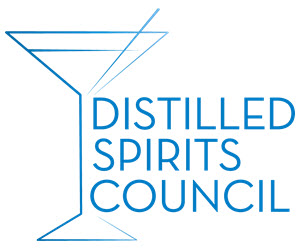
“The mayor’s decision to ban alcohol advertising is misguided and unsupported by the scientific research. The research is clear – parents and other adults are the most influential factors in a youth’s decision whether or not to drink alcohol, not advertising. In fact, in New York underage drinking has declined by more than 35 percent over the last 10 years and binge drinking is at an all-time low.
Other localities have recently overturned bans on alcohol advertising on public transit with each city experiencing absolutely no negative effects. In December 2018, Baltimore City, which in 1994 became the first municipality to enact an outdoor alcohol advertising ban, joined a number of cities in striking down prohibitions on alcohol advertisements. Since 2012, Charlotte, Chicago, Washington, D.C., and Boston have all repealed their public transit alcohol advertising bans.
The nation’s distillers are committed to responsible advertising and have a proven history of successful self-regulation through our industry’s Code of Responsible Practices. The FTC, the lead federal agency charged with consumer protection, has repeatedly reaffirmed the spirits industry’s responsible advertising practices.”
The Full Text of New York City’s Ban on Alcohol Advertising

The City of New York
Office of the Mayor
New York, N.Y. 10007
EXECUTIVE ORDER No. 44
April 26, 2019
PROHIBITION OF ALCOHOL ADVERTISEMENTS ON CITY PROPERTY
WHEREAS, each year, excessive alcohol consumption leads to the death of thousands of New Yorkers, and alcohol-related injuries lead to tens of thousands of hospital visits in the City;
WHEREAS, increased exposure to alcohol advertisements may lead to higher levels of alcohol consumption and may increase the likelihood of underage alcohol consumption;
WHEREAS, consuming alcohol as a minor is a risk factor for developing alcohol use
disorders later in life, leading to a significant number of injuries, diseases and deaths; and
WHEREAS, the City has an interest in protecting the health and safety of New Yorkers;
NOW, THEREFORE, by the power vested in me as Mayor of the City of New York, it is hereby ordered:
Section 1. Any contract entered into or renewed by the City that authorizes, provides for, or otherwise contemplates advertising on property owned or controlled by the City shall contain a provision prohibiting advertisements, sponsorship or branding promoting alcohol on such property, except where allowed pursuant to section 2 of this order. Such property includes any street furniture, including a bus shelter, newsstand, phone booth, Wi-Fi kiosk or recycling kiosk. This section shall apply to any such contract, including, but not limited to franchises and concessions.
§2. The prohibition on advertising, sponsorship or branding described in section 1 shall not apply to any portion of a property authorized for the sale or consumption of alcohol.
§3. Effective Date. This Order shall take effect immediately.

Factoid: New York State was the 44thh state to ratify Prohibition. It passed the Senate on January 29, 1919 by a vote of 27 to 24 and it passed the House on January 28, 1919 by a vote of 81 to 66. Learn more about the Ratification of Prohibition by state here.
Please help to support Distillery Trail. Sign up for our Newsletter, like us on Facebook and follow us on Twitter.
Drinking Tips Video from New York City Video
Umm, I thought they already banned plastic bottles? Are they promoting plastic bottles in this video?


